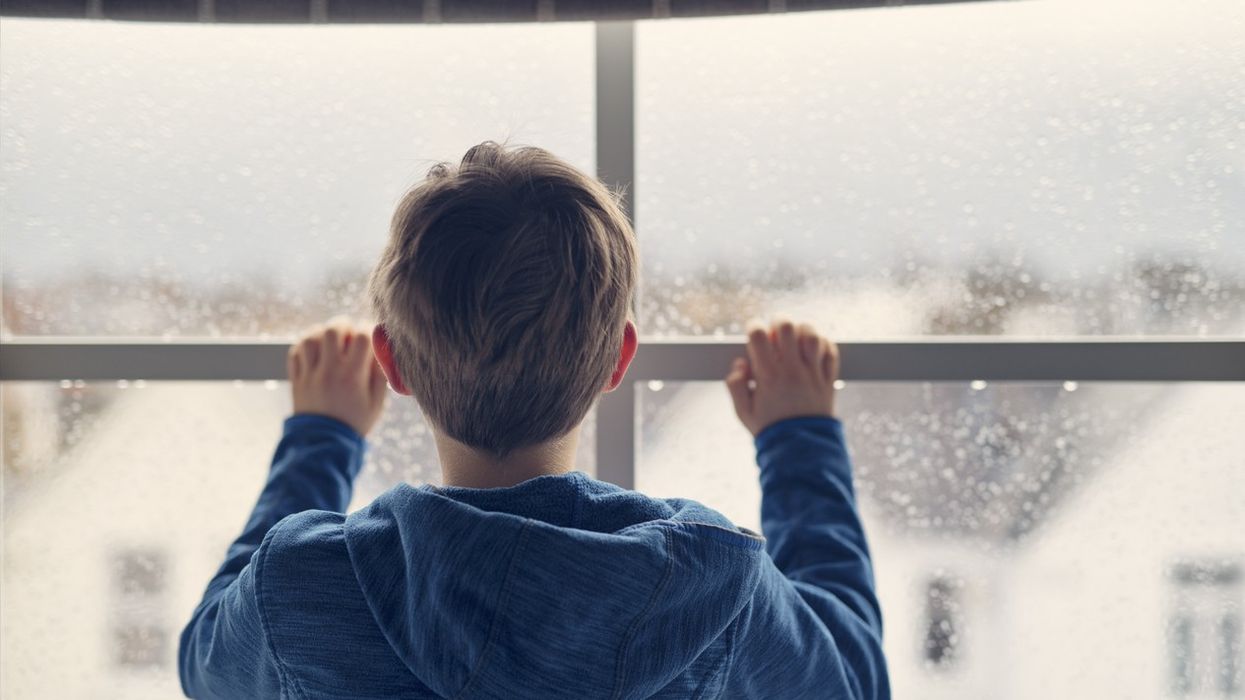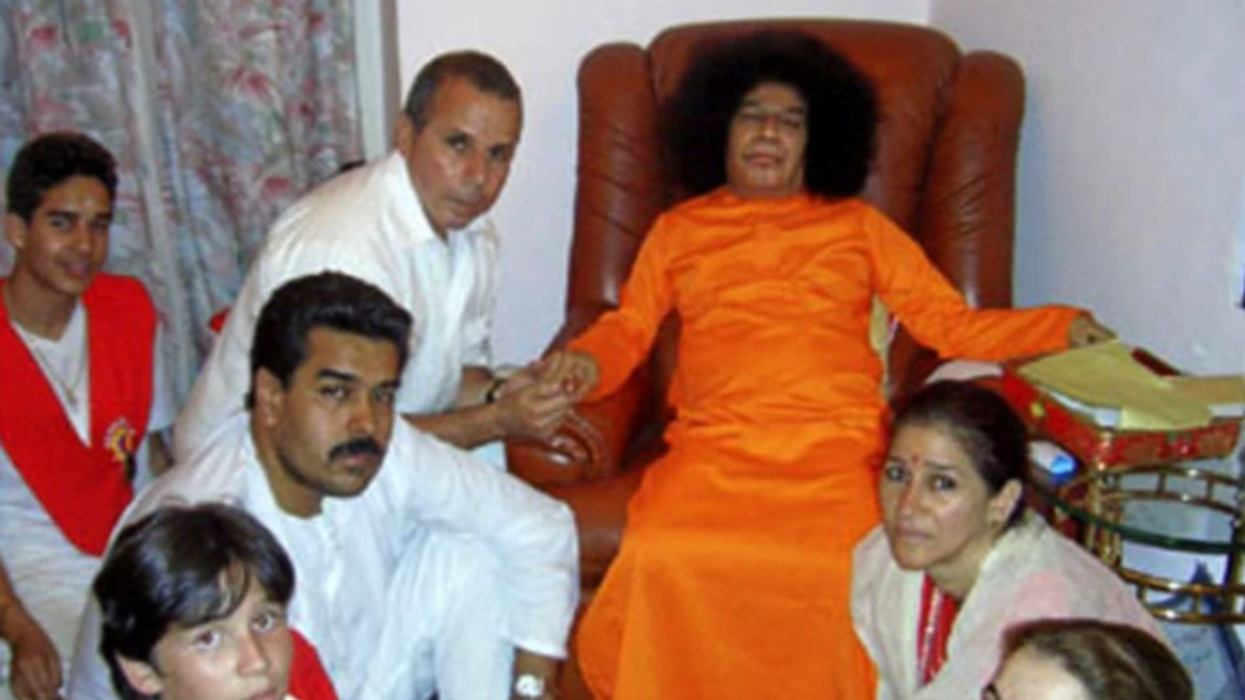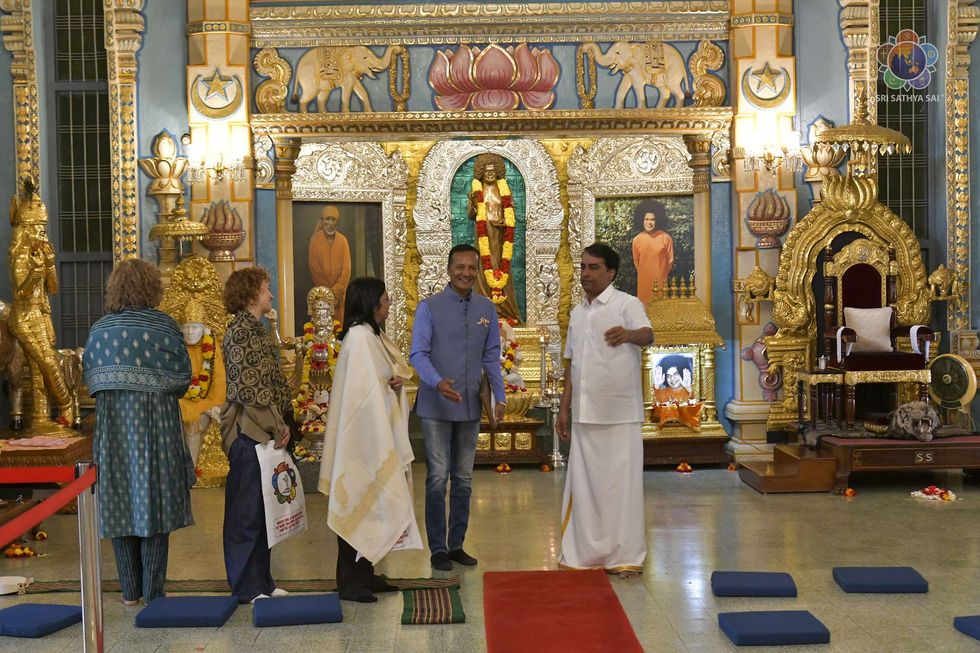AN expert has warned that 70 per cent of people referred to the Prevent scheme may suffer from mental ill-health or other vulnerabilities which could leave them prone to falling for propaganda from violent extremists, The Guardian reported.
Simon Cole, a chief constable and the police lead for Prevent, said such psychological problems were much more of a potential factor than first thought.
Prevent is one of the four elements of Contest, the government’s counter-terrorism strategy. It aims to stop people from becoming terrorists or supporting terrorism.
According to police, three special hubs in London, the Midlands and the north-west are seeing people missed by other services, with the Prevent scheme being the first state service to refer them for the help they may need.
Cole told The Guardian that increasing numbers of children were being radicalised by banned neo-Nazi groups, which deliberately try to recruit the young and vulnerable in their bedrooms in order to turn them into foot soldiers in a race war.
For several years, counter-terrorism policing has been working with health professionals to see how many people being referred to Prevent may have mental health issues or vulnerabilities such as autism spectrum disorder, alcohol abuse issues, drug problems or homelessness.
The three hubs were set up to deal with those with mental health issues.
Cole said: “If a person is vulnerable for whatever reason, they might find the sort of ideologies around radicalisation something that they feel gives them some measure of value.”
The newspaper report further said that Police are increasingly worried about radicalisation of children, especially by the far right.
In the last financial year, 21 children were arrested for terrorism, 15 of them on suspicion of involvement in extreme rightwing terrorism. In total, 13 per cent of arrests for terrorism in the last financial year were of youths under 18, compared with 5 per cent in the previous year. Young people under the age of 24 accounted for nearly 60 per cent of extreme rightwing terror arrests, a rapid rise.
Dr Nicki Fowler, the clinician in charge of the vulnerability support services, said support for violence was a symptom of a deeper problem. “When people get involved with extremism or any type of risky behaviour, it is usually their solution, not their problem.”
Fowler said mental health distress was one of many factors that affected the risk of believing in terrorist violence. “Most commonly it’s relevant as part of many factors.”
Ch Supt Nik Adams, the national coordinator for Prevent, told The Guardian that police were not trawling for mental health information. Instead, once people are in Prevent, they are offered mental health treatment and support for their needs, which have often gone undetected.
Generally, the level of police and MI5 operations investigating those suspected of actual involvement in terrorism runs at six Islamist investigations to every one extreme rightwing investigation, the report added.







 Delcy Rodríguez visited Prasanthi Nilayam on October 26, 2024, to pay her obeisances to Sai Baba. (Photo credit: Sri Sathya Sai Media Centre))
Delcy Rodríguez visited Prasanthi Nilayam on October 26, 2024, to pay her obeisances to Sai Baba. (Photo credit: Sri Sathya Sai Media Centre))





